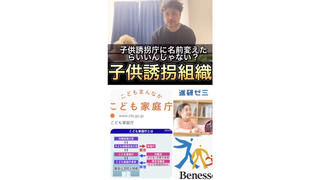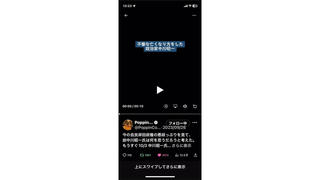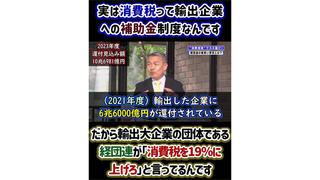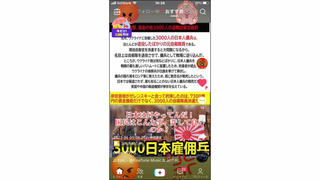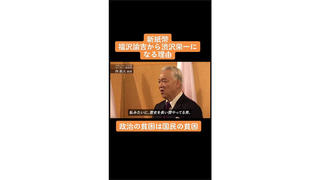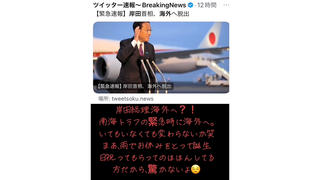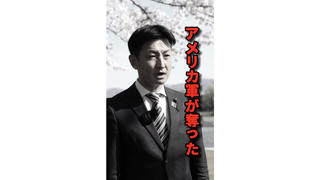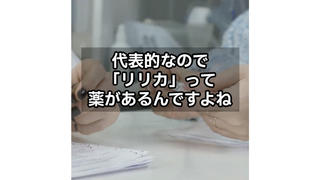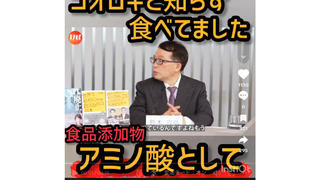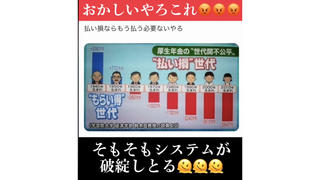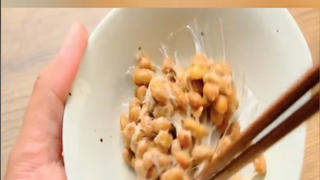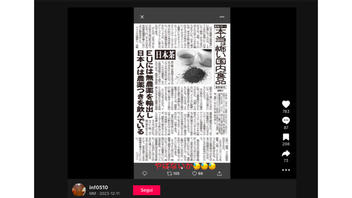
Is Japanese tea exported to the European Union organic and pesticide-free, while tea sold domestically is laced with pesticides and toxic substances? No, that's not true: Standards set by the Japanese Ministry of Agriculture, Forestry and Fisheries, and EU regulations both follow the Food and Agriculture Organization's Codex Alimentarius Guidelines for International Food Standards. This means that exported tea and tea sold in Japan are the same.
The claim initially appeared in a video (archived here) on TikTok on December 11, 2023, showing a newspaper article with a headline that read (translated from Japanese to English by Lead Stories staff):
Japanese tea is exported pesticide-free to the EU, while Japanese people drink tea with pesticides.
This is what the post looked like on TikTok at the time of writing:
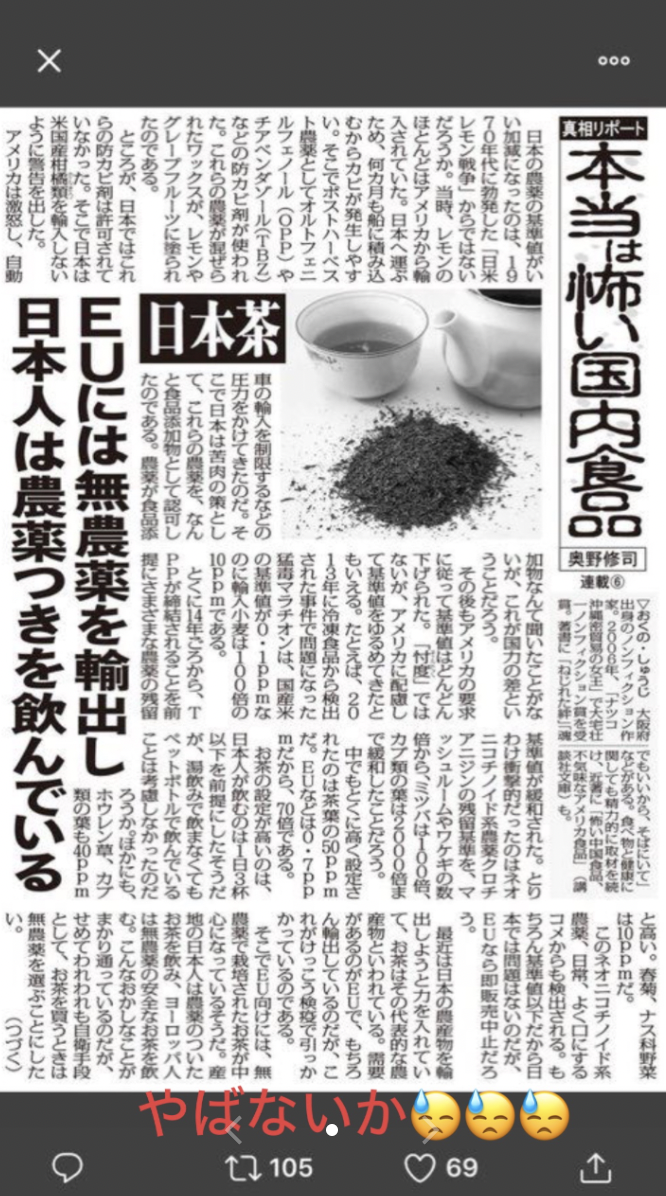
(Source: TikTok screenshot taken on Wed Jan 17 22:46:13 2024 UTC)
The original article is from a column (archived here) written by journalist and nonfiction writer Shuji Okuno in 2018 for Nikkan Gendai Digital, a tabloid newspaper. In the piece, Okuno compares EU restrictions on pesticide residues in tea leaves to the pesticide residues allegedly found in Japanese tea leaves, stating (as translated):
Japanese tea leaves contain 50 ppm of neonicotinoid clothianidin (a pesticide). In the EU, only 0.77 ppm is allowed, which means that this is about 70 times more ... considering that we drink about 3 cups of tea in a day. This is unthinkable in the EU, where such tea would be banned.
This is not true. A study (archived here) published in Toxicology Reports in 2021 found that the eight types of neonicotinoid pesticide residues found in commercially available Japanese tea leaves represent negligible amounts, with most of the pesticides selected for the study having levels below the detection limit.
In addition, the Japan Agriculture Standards (archived here) of the Ministry of Agriculture, Forestry and Fisheries require tea farmers to strictly follow the Food and Agriculture Organization Codex Alimentarius guidelines for International food standards (archived here), a collection of standards and codes of practice to protect consumer health and promote fair practices in food trade. This means that tea harvested in Japan must meet the same standards as in the EU.
It is not true that only Japanese tea exported to the EU is pesticide-free. Organic tea has become commonplace in many Japanese supermarkets (archived here, here, and here), and the Japanese have the option of choosing between nonorganic and organic tea leaves.


